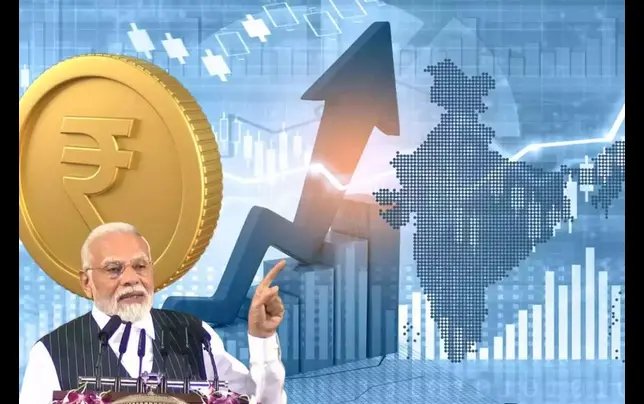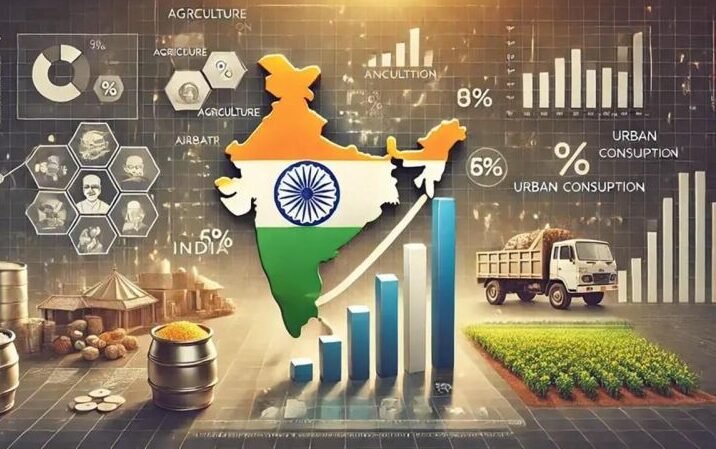The passing of former Prime Minister (PM) Dr. Manmohan Singh, marks the end of an era in Indian politics and economics. A distinguished economist and statesman, Dr. Singh’s contributions as Finance Minister and Prime Minister have profoundly shaped India’s economic trajectory.
Assuming the role of Finance Minister (FM) in 1991, Dr. Singh inherited an economy teetering on the brink of crisis, with a severe balance of payments deficit and dwindling foreign reserves. In response, he implemented a series of transformative reforms that dismantled the License Raj, liberalised trade policies, and opened India to foreign investments. These measures not only averted an economic collapse but also set India on a trajectory of sustained growth and integration into the global economy. His reforms catalysed a remarkable economic transformation, driving India’s GDP growth rate from approximately 1.1% in 1991 to 7.5% by 1996.
Dr. Singh’s policies were instrumental in transitioning India from a closed economy to one characterised by market-driven growth, cultivating an environment conducive to entrepreneurship and innovation. His tenure is often lauded for laying the foundational framework that propelled India into the ranks of emerging economic powers.
Elevated to the office of PM in 2004, Dr. Singh presided over a period marked by significant economic expansion and social development. Poverty levels saw a significant decline, with the percentage of the population living below the poverty line dropping from 37.2% in 2004-05 to 21.9% in 2011-12. Under his stewardship, India achieved impressive advancements in infrastructure, technology, and social welfare. His administration launched pivotal initiatives aimed at inclusive growth, such as the National Rural Employment Guarantee Act and the Right to Information Act, which sought to empower citizens and enhance transparency in governance.
However, his tenure was not without challenges. The latter years of his administration were marred by allegations of corruption and policy paralysis, which tarnished the government’s image and led to widespread public disillusionment. Notable controversies included corruption allegations linked to the 2G spectrum allocation and coal block allocations, reportedly causing financial losses estimated at ₹1.76 lakh crore and ₹1.86 lakh crore, respectively. Critics contended that Dr. Singh’s reticent demeanour and perceived reluctance to assert authority allowed malfeasance to proliferate within his government. Be that as it may, his personal integrity has always remained beyond reproach and there has never been a murmur of doubt or suspicion in that regard spanning the entire political landscape.
Dr. Singh’s legacy is a mosaic crafted with elements of economic liberalisation, social policy innovation, and complex political dynamics. As FM, his visionary reforms catalysed India’s emergence as a global economic player. As PM, he oversaw a decade of growth and development, albeit shadowed by controversies that emphasise the intricate interplay between governance and ethics. These percentages and figures depict the duality of his legacy – an economic reformist who revolutionised India’s fiscal landscape yet grappled with political and governance challenges in later years.
In reflecting upon his life and service, it is imperative to recognise the profound impact of his economic stewardship, which transformed India’s economic paradigm and lifted millions out of poverty. Simultaneously, his tenure elucidates the challenges inherent in sustaining ethical governance amidst rapid economic and social change. Dr. Manmohan Singh’s demise is a moment of national introspection, prompting a reevaluation of the principles that underpin effective leadership and the pursuit of equitable progress. His contributions will continue to be studied and debated, offering lessons for future generations on the complexities of steering a diverse and dynamic nation toward prosperity.



